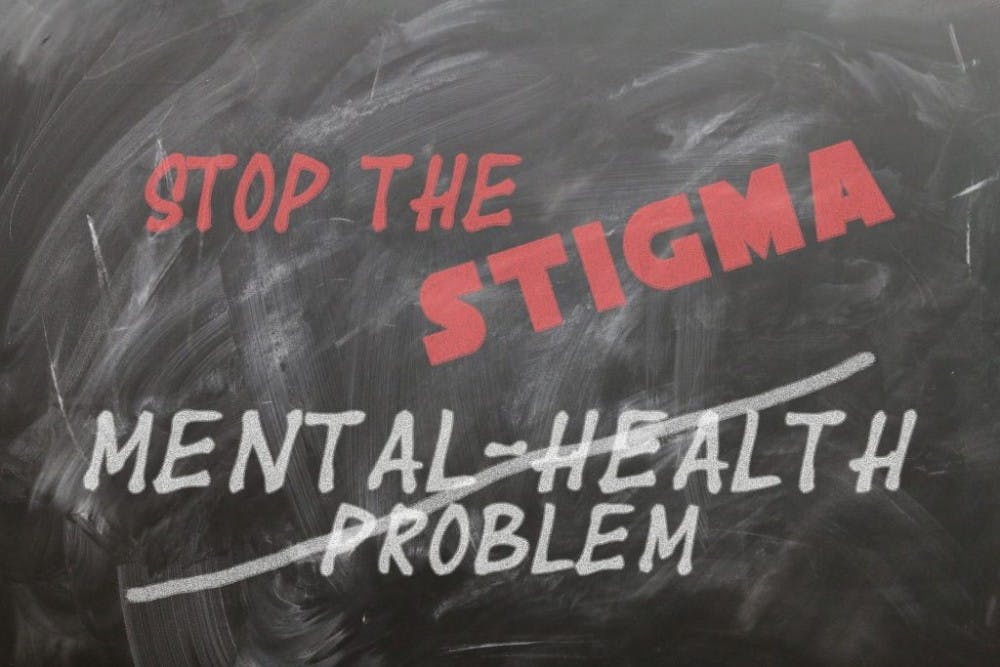When I was younger, I was afraid to order my food from restaurants. I wouldn’t talk to waiters, and I wouldn’t talk to cashiers. I would timidly whisper my order to my mother, who would relay my words. That’s just one example of how my social anxiety manifested itself before I knew to call it that.
I outgrew my fear of servers around age 12, but I still wouldn’t place a phone call or go to a party or give a presentation.
I thought I was broken, and I was afraid to talk to anyone about it. In high school, I didn’t hang out with my friends much outside of school because I was just so spent from spending six hours each day surrounded by people. That might have been part of my anxiety, or it might have been a side effect of being an introvert, but I ended up saying no to a lot of things because the company of other people was just too much.
That’s the part that’s stuck with me the most to this point, I think. I’m not really afraid of talking on the phone anymore, but I still won’t want to go to a party after I’ve spent six hours stage managing a theater rehearsal.
I’m constantly worried about how I come across to other people, and I know I’m not the only one who thinks about that. I’m not the only one with anxiety, whether it’s related to interpersonal interactions, stress, homework or anything else. Plenty of us have anxiety or depression or OCD or any number of clinical terms that make us feel alone sometimes. Mental health is a big issue at Hopkins, and in general. I don’t think we talk about it enough.
In the last couple years, mental health has definitely become a bigger conversation that it once was, but I still think people are afraid to share their individual and personalized experiences with each other. As I see it, one of the most important parts of dealing with and living with mental health issues is the knowledge that you are not alone. Someone else has felt what you felt.
We need to talk to each other without fear that our friends are going to look at us differently. We can’t laugh at each other for being weak or for crying or for getting a bad grade on an exam. We need to listen to each other when we complain about what’s bothering us, and we need to support one another when everything becomes too overwhelming.
Hopkins has given us a lot of resources, like the Counseling Center, and we should absolutely take advantage of them, but I think we are our biggest resource. We represent a diverse demographic of individuals with unique and interesting experiences, and we are connected across the ethers of the internet. We have to share our stories, and we shouldn’t feel ashamed by our feelings.
If I don’t feel up to going to a party even though I’d planned to with you, I don’t want to make up an excuse. I want to be able to tell you the truth without being afraid you’ll be upset with me. And if you don’t understand how I feel, I want you to be able to ask me about it without being afraid you’ll offend me.
Mental health at Hopkins is a hot issue, but people discuss it mostly in the abstract, as something other people deal with. Mental health issues should not be othering, because the last thing we need is to feel like we’re something strange, something broken, something abnormal. We should feel safe talking about our problems, and we shouldn’t feel intimidated by our peers.
Gillian Lelchuk is a junior Writing Seminars and mathematics double major from Los Alamitos, Calif.





